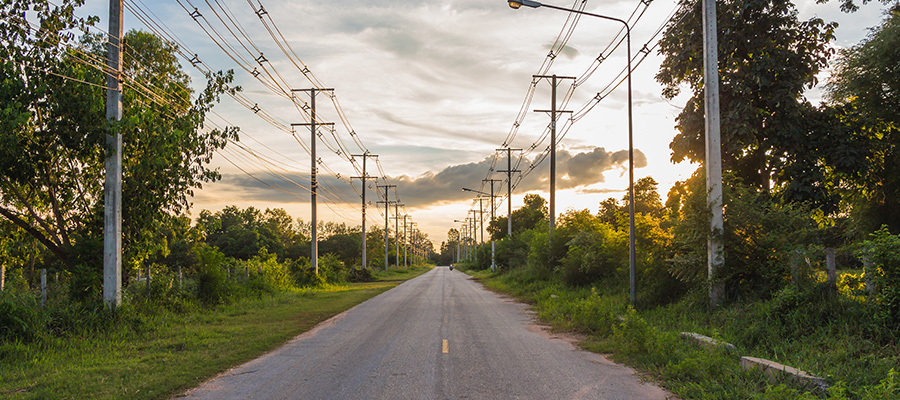
Starting a brand-new light pole project? You may be unsure which pole material is best for your application.
Many details impact this decision, like budget, aesthetics, and local weather conditions.
Consider these factors.
Wooden Light Poles
Wooden poleshave a life expectancy of 20-30 years. They’re less costly to purchase than other materials, but can easily cost twice as much to install due to weight and the need to field drill provision holes.
Since they’re vulnerable to insects, fire, chemicals, and weather, they can also be expensive to maintain.
Additionally, wooden light poles can be environmentally hazardous. Manufacturers often coat them in chemicals such as penta, creosote, or arsenicals as preservatives to slow rot and repel bugs. These chemicals can be dangerous to the touch and may even seep into the ground and your drinking water.
Steel Light Poles
If you need stronger poles, consider steel. They’re great for holding heavier loads, including fixtures, brackets, accessories, flags, and banners. Their average lifespan is 15-30 years, depending on the conditions of the environment in which the pole is located and how the pole is finished.
One of the heavier types of light poles, steel poles typically require more equipment to unload and install. And over time, steel can rust, which may mean higher maintenance costs to keep the finish presentable and prevent premature pole failure. That said, the removal and disposal costs associated with a steel pole are usually lower than those of a wooden pole due to the steel pole’s salvage value.
Luckily, there are ways to ensure your steel light poles have long service lives, including our various warranty options.
Aluminum Light Poles
One major benefit of aluminum light poles is that they’re corrosion resistant. They weather the elements much better than both wood and steel. This means they require less maintenance, which saves you money. They can last up to 50 years, and once they’ve reached the end of their service life, you can recycle them.
However, aluminum poles aren’t as strong as composite and steel light poles, so they’re best for areas with lower wind speeds and projects that require fewer or lighter accessories, brackets, and fixtures.
Composite Light Poles
If you’re looking for light poles with extensive service lives, choose composite poles. Their average lifespan is conservatively rated at approximately 70 years.
Composite poles never rust. They resist natural elements, road salt, fertilizer, animals and insects, so they don’t require any maintenance. Composite poles also do not lose their strength over their lifetime.
They’re easy to install, fire-resistant, and sturdy enough to withstand hurricanes.
As a result, you’ll enjoy major savings on installation, repairs, and replacements.
Why United Lighting Standards
Our team has more than 50 years of experience designing, manufacturing, finishing, and shipping high-quality light poles. And as our partner, you’ll enjoy exceptional service. We’re ready to help you present solutions that exceed your client’s expectations and help you win the job.
Plus, you’ll have direct access to our knowledgeable Project Management team. If you have any questions about a current order, you can call the P.O.L.E. line at 586-774-5650 and press option 1.
Need to start a new order? Click here to browse all your options. If you have any questions, let us know.
Related blog posts:
Our Project Management Team: Improving the Way We Do Business





